As John Bishop awaits sentencing for smuggling marijuana, court records contradict his version of events
The newsroom phone rang Thursday, Sept. 13 just before noon. It was Andrea Madison, a former Living Hope Church congregant and a friend of former pastor John Bishop. After catching wind of The Columbian’s impending series of articles on Bishop and the church, Madison, 61, wanted the opportunity to tell Bishop’s side of the story.
After a five-month investigation, The Columbian reached out to Bishop, 55, in July, hoping to schedule an interview. He was open to the idea and had exchanged a few emails with the reporters before going silent.
“He wants God to defend his family, which is why they haven’t said anything on Facebook or anywhere,” Madison explained.
She launched into an explanation of why Bishop decided to smuggle nearly 300 pounds of marijuana into the country from Mexico. But she was told that hearing it secondhand was not direct enough to use in the stories.
Suddenly, Madison admitted that Bishop was parked on the other line and patched him through.
Enlarge
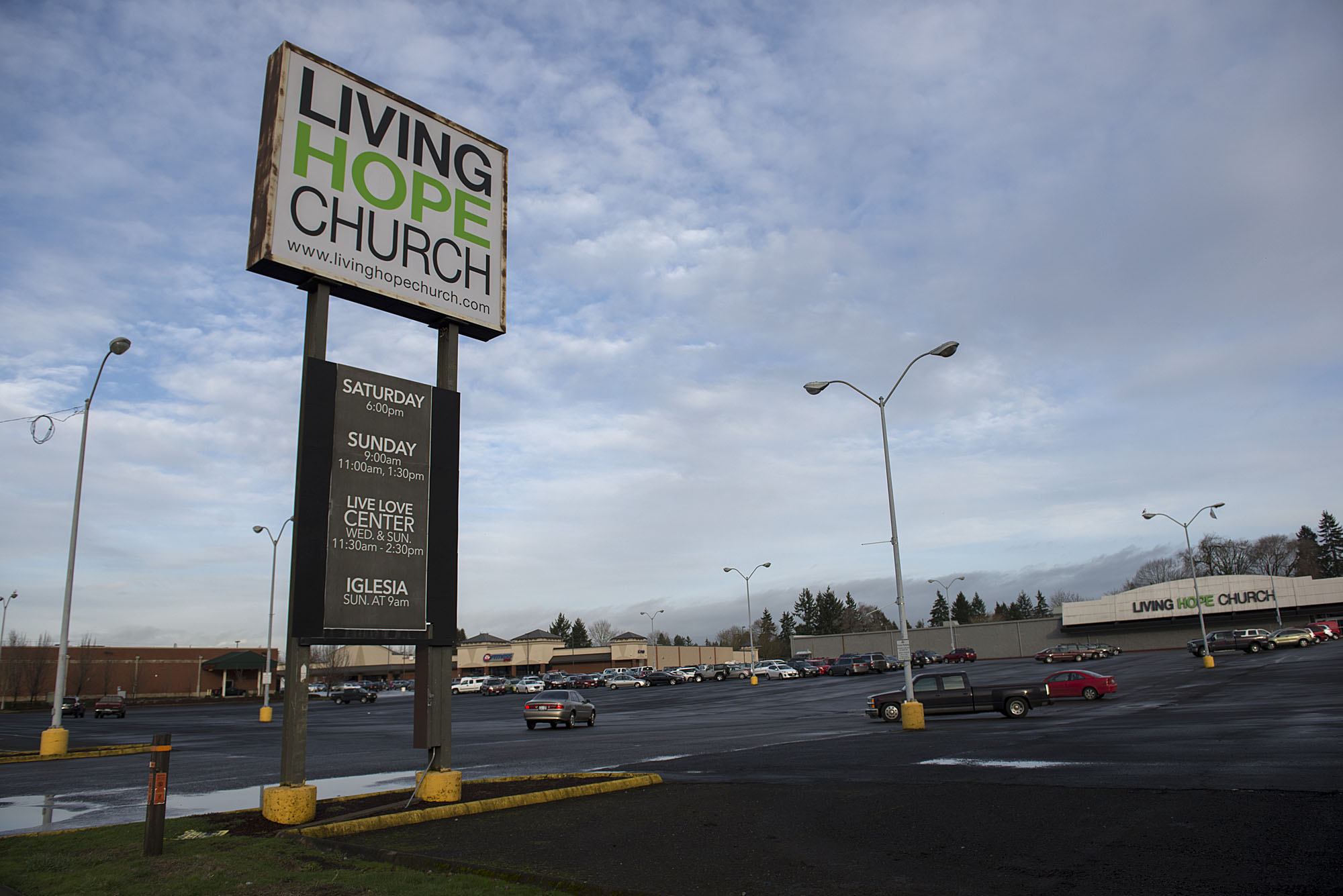
The Columbian files
It was clear he was caught off guard.
Madison encouraged Bishop to talk, and talk he did. The interview lasted more than three hours and covered everything from Bishop’s childhood to his current predicament, waiting to be sentenced today in U.S. District Court for the Southern District of California in San Diego to what is likely to be time in a federal prison.
Sitting in his single-wide trailer in Yuma, Ariz., Bishop said he’s been reflecting over the last nine months on what kind of pastor, husband, father, leader and friend he’s been.
He went from the center stage of one of America’s fastest-growing churches to being thrown to the ground at the California-Mexico border by a U.S. Customs and Border Protection agent, he said.
“Then to see John Lee Bishop versus (the United States of America) was one of the most sobering days of my life. … It dug deep into my soul. I will regret it for the rest of my life. No one can make me feel worse,” he said.
“The fact that I violated our country is beyond me. It’s not who I am. It’s not who I ever was, and it’s not who I’m going to be,” Bishop added.
When asked why he tried to smuggle so much marijuana into the country, Bishop jokingly replied, “I wanted a lifetime supply of it.”
Then he turned serious.
“I don’t have an answer that would make sense. Anything I would say would sound like I’m justifying my actions, and I’m not. Simply, I broke the law.”
When pressed further, Bishop said, “Desperation causes people to do things they wouldn’t do otherwise.”
Enlarge
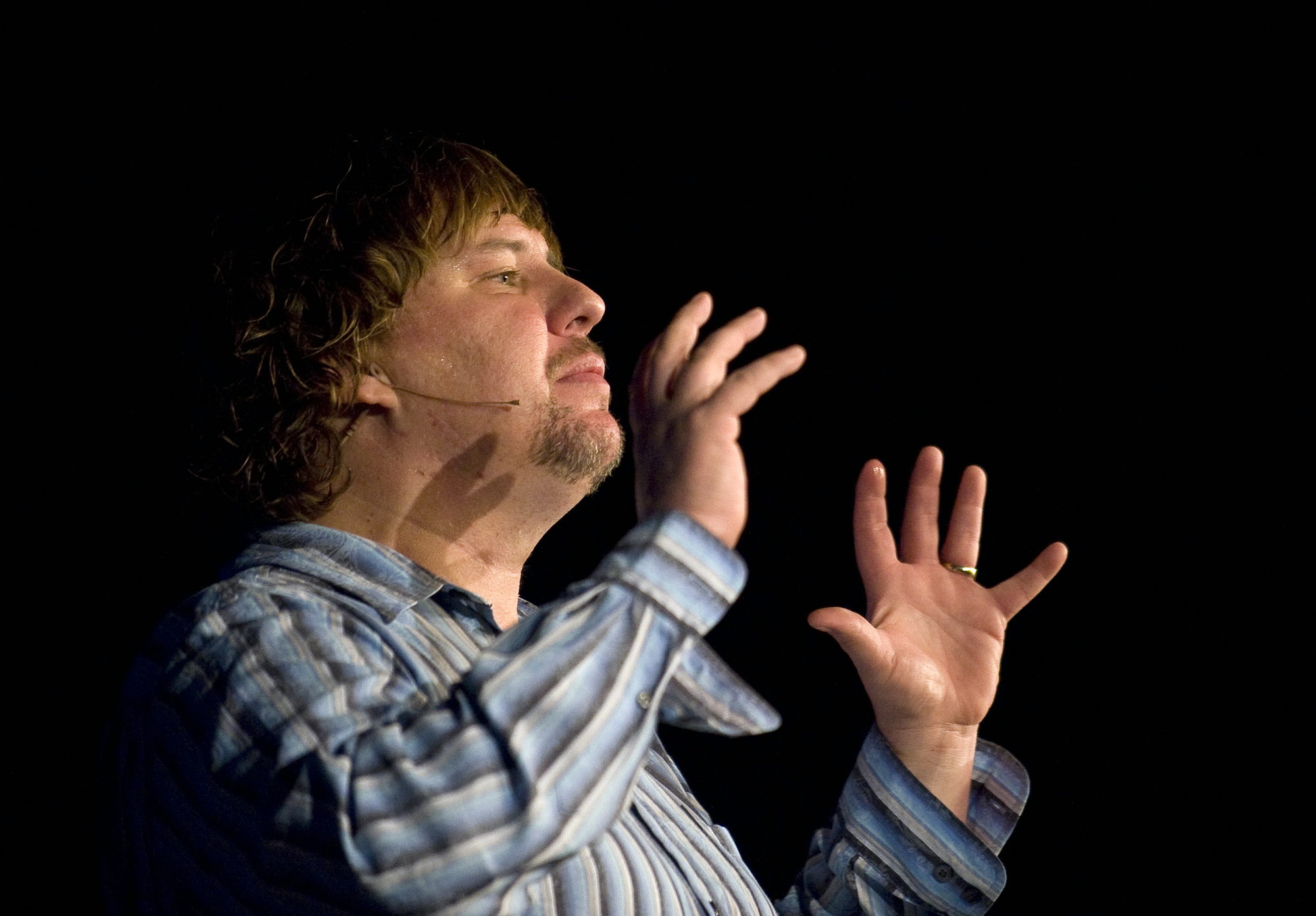
The Columbian files
After the Bishops were ousted from Vancouver’s Living Hope Church and filed for bankruptcy protection from their creditors, they tried to start a new life in Los Cabos, Mexico, where they owned a vacation home.
Bishop said he was trying to get his head straight and life back together. He was ministering to people in Cabo and looking for a job.
He met a taxi driver and expressed that he was looking for work. He said the cabbie connected him with a man in Tijuana, Mexico, who had some work — drug-running.
Bishop was reluctant to take the job, he said, but for reasons he said were best left undisclosed, he felt pressured.
Court documents tell a different story.
Spending the money
Bishop was stopped at 5:25 a.m. Dec. 11 by federal officials at the San Ysidro, Calif., Port of Entry. He was driving a gray 2014 Volkswagen Passat, which contained 105 packages of marijuana concealed in the car’s bumpers, rear seat, dashboard and at least one wheel well. (Court records previously stated that the car was a Jetta.) He told investigators the vehicle didn’t belong to him. However, the vehicle was registered in his name, according to the prosecution’s sentencing memorandum filed Sept. 14, the day after Bishop gave his interview with The Columbian.
Bishop told The Columbian that he was making his first border crossing with the drugs when he was arrested. But prosecutors say that is not the case.
Enlarge

The Columbian files
According to court documents, U.S. border security records show Bishop crossed the U.S.-Mexico border in the Volkswagen more than 57 times from Jan. 24, 2017, until his arrest. He later admitted to smuggling marijuana into the country 18 to 20 times since April 2016. He said he made $50,000 smuggling the drugs, the sentencing memorandum states.
Both his wife, Michelle, 55, and son, David, 33, knew of Bishop’s illegal drug activity and were allegedly complicit in the crimes, the document states. Bishop denies they were involved.
The Bishops reportedly used the drug money to book cruises; pay for schooling, medical bills, a $3,000 heat pump and a trip to a Disney theme park; purchase a second trailer that they planned to rent out, and a better car for Michelle; save for a house; and share with their three adult children. John Bishop wrote in text messages to his wife that the couple were “debt free completely,” according to the sentencing memorandum.
Prosecutors say Michelle Bishop helped her husband by laundering the drug proceeds. They also say that David Bishop held a position with a Mexican cartel. It is unclear if either will face charges in connection with this case. Neither has been charged with a crime.
Enlarge
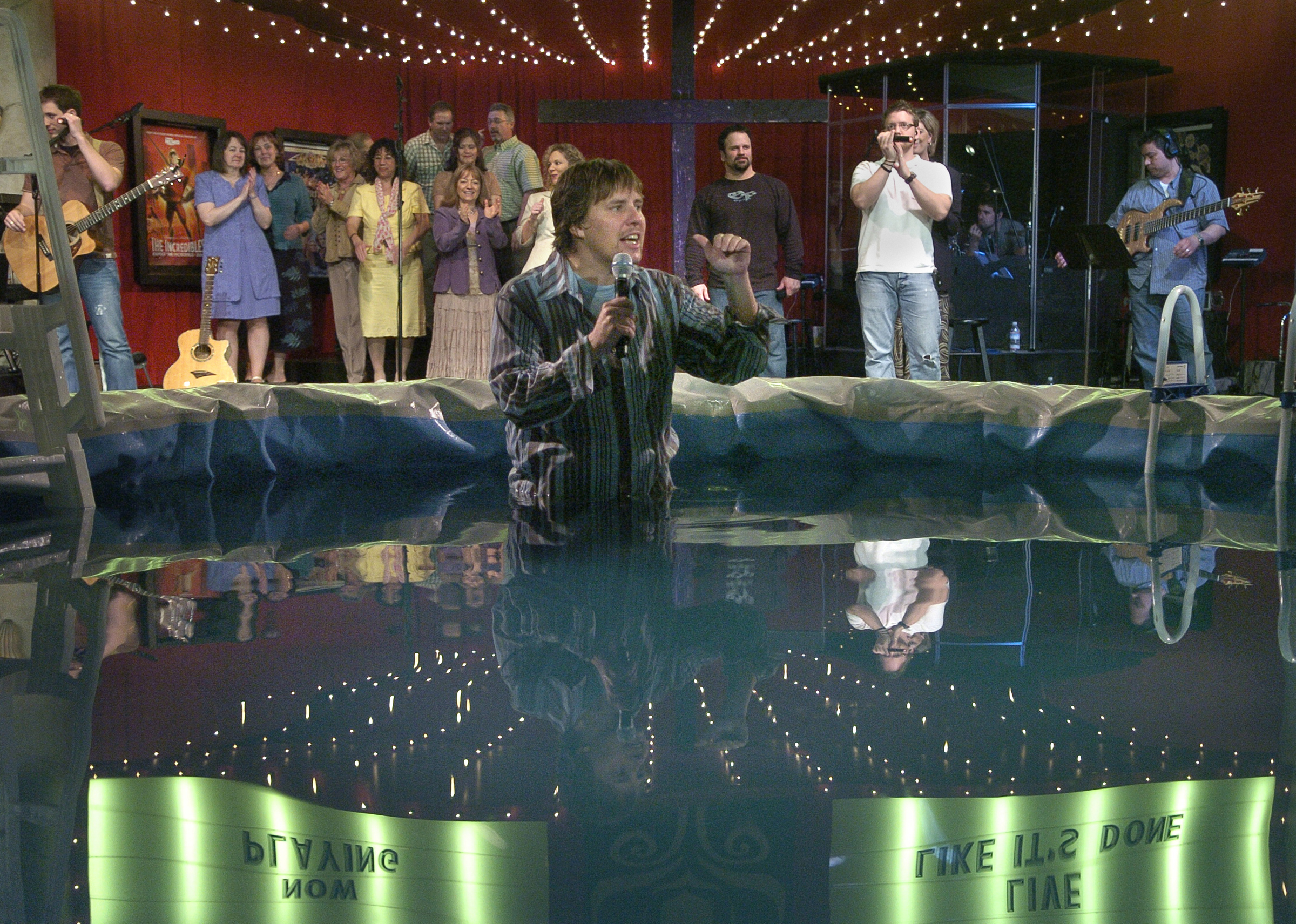
The Columbian files
John Bishop reportedly met with the FBI’s Safe Streets Task Force in Vancouver in January 2017, and at that time, admitted to having ties to Mexican cartels and being approached by a man who wanted him to smuggle heroin into the U.S. He said the man, whom he met through his son, offered to pay Bishop $10,000 to transport two kilograms, or about 4½ pounds, up “north,” the prosecution’s sentencing memorandum states. Bishop told the FBI he never followed through with the plan.
Following Bishop’s arrest in the marijuana case, he spent nearly a month in federal custody in San Diego. “It was horrible, the worst month of my life,” he said.
To help pass the time, Bishop met with a handful of inmates as part of a Bible study group. They met whenever they could as a group and one-on-one with Bishop, he said.
He hopes he can continue ministering in the future but said it’s up to God’s timing.
Remembering his mistakes
In the months since his arrest, Bishop says he has spent much time looking back at his tenure at Living Hope.
Bishop’s friend Duane Warren, a former Living Hope executive pastor, was the one who pushed him to start the church, he said. From there, they brought on board their friends and families.
“Everything was about movement together,” Bishop said, adding that at the time he thought, “We are going to do this together. We are going to change Vancouver.”
They wanted to focus on “the people who are forgotten in society,” Bishop said, and dedicated resources to helping the homeless.
“The goal was to be the hands and feet of Jesus to Clark County,” he said.
Enlarge

The Columbian files
But as Bishop later discovered, “the times Living Hope made the biggest impacts, it was also met with massive conflict,” he said.
His vision for the church held steady over the years, but there was demand to grow in what Bishop described as “an extremely complex environment.” The church was aimed at people who don’t traditionally attend church, he said, which made tithing difficult at times.
To keep people interested in the church, Bishop felt immense pressure to have a fresh message every week. He spent 10 to 15 hours per week writing his sermon and memorizing it so he could preach without notes. Bishop also felt pressure to raise funds, he said, because the church was rapidly expanding.
“We had a lot of employees, people relying on me,” Bishop said.
At its peak, Living Hope held seven services a weekend — three on Saturday and four on Sunday. On a typical weekend, 6,500 people would come to worship, he said.
“It was a lot, man. It takes a lot out of you,” Bishop said.
His insecurity drove him.
“Why was I doing so many services? I was so busy doing God’s work, I neglected God’s work being done in me,” Bishop said. “Coming to that realization when your life has crumbled down to nothing, and you’re living in a single-wide trailer — that’s harsh.
“It’s not what we lose, it’s who’s left. That’s what matters. I wish I could change a lot,” he added.
Enlarge
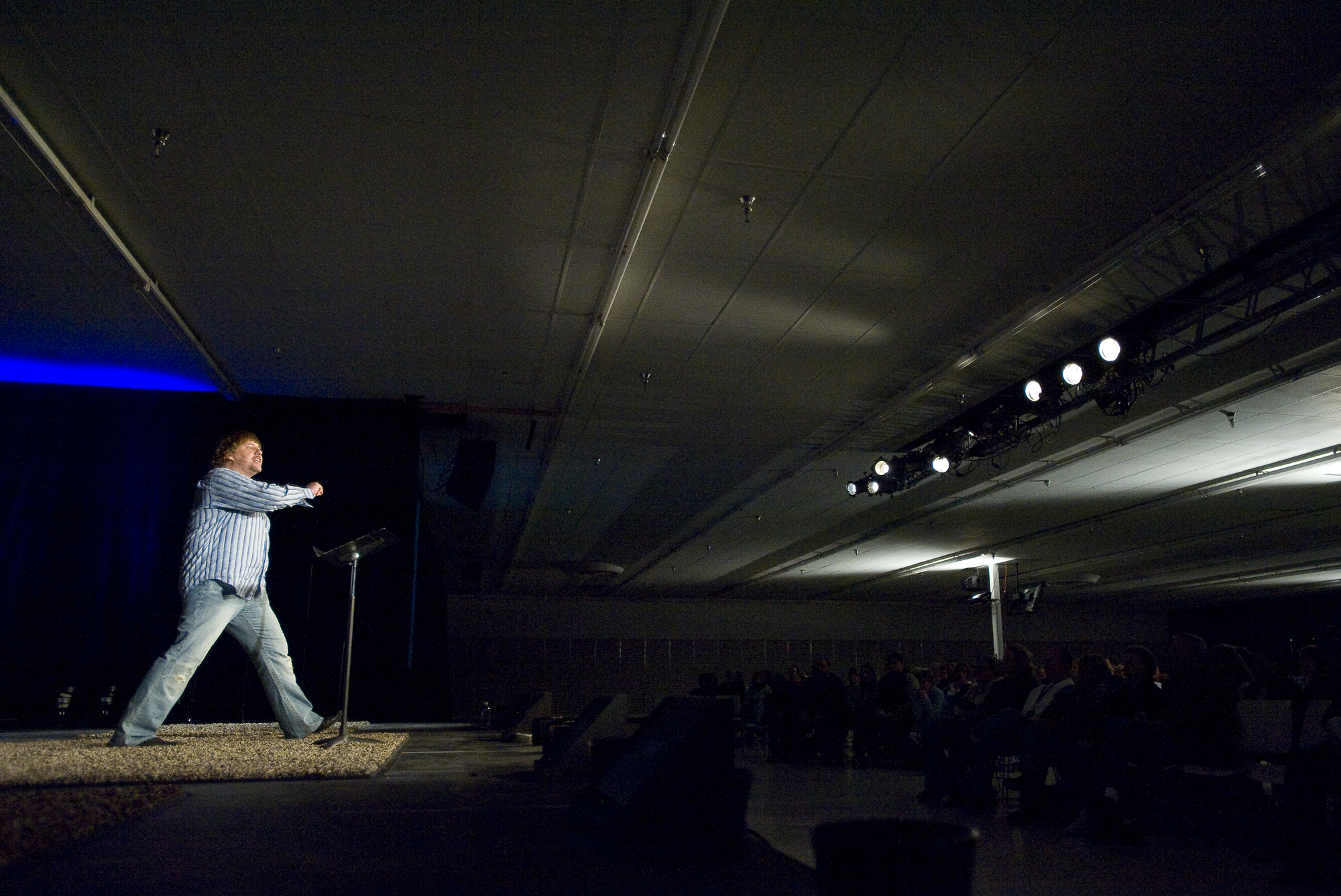
The Columbian files
Bishop said he doesn’t regret starting the church with friends and family, but he regrets not clarifying the roles with everyone and making changes as the church grew.
“I think I’m compassionate. I think I’m caring. I think I’m truthful, but not truthful enough. I think I’m graceful to a fault,” Bishop said of his leadership style. “I wish I had the courage to say, ‘Sorry, we’re not going to do that.’ But my nature is that I rock the boat. I wanted everyone to be happy, but I knew I had to make a change. It was a real conundrum.”
He was repeatedly told the church couldn’t go forward with the same team that started out in a Grange hall with 100 congregants, he said.
“I knew I needed different people to take us to the next place. But loyalty trumped practicality,” Bishop said. “I didn’t do myself a favor or people in the church. We needed different people around the table with different skill sets to reach different groups of people.”
He said he wishes it could have been a healthier environment for everyone.
“So much of my heart was the church, was the community,” Bishop said, adding, “I put the church first. I didn’t put my wife or kids first, and I wish I would have.”
An affair with vodka
By summer 2015, Bishop said he had mentally gone “off the grid.”
“I can’t preach this much. I can’t write more books. I couldn’t keep up with the deadlines,” he said, adding that he was doing the “toilet swirl.”
He said he had never been much of a drinker — his father had died in a drunken-driving crash when John was 4 — that is, until he hit his 40s, when a friend introduced him to vodka. Bishop said he started drinking to cope with the stresses of life.
Enlarge
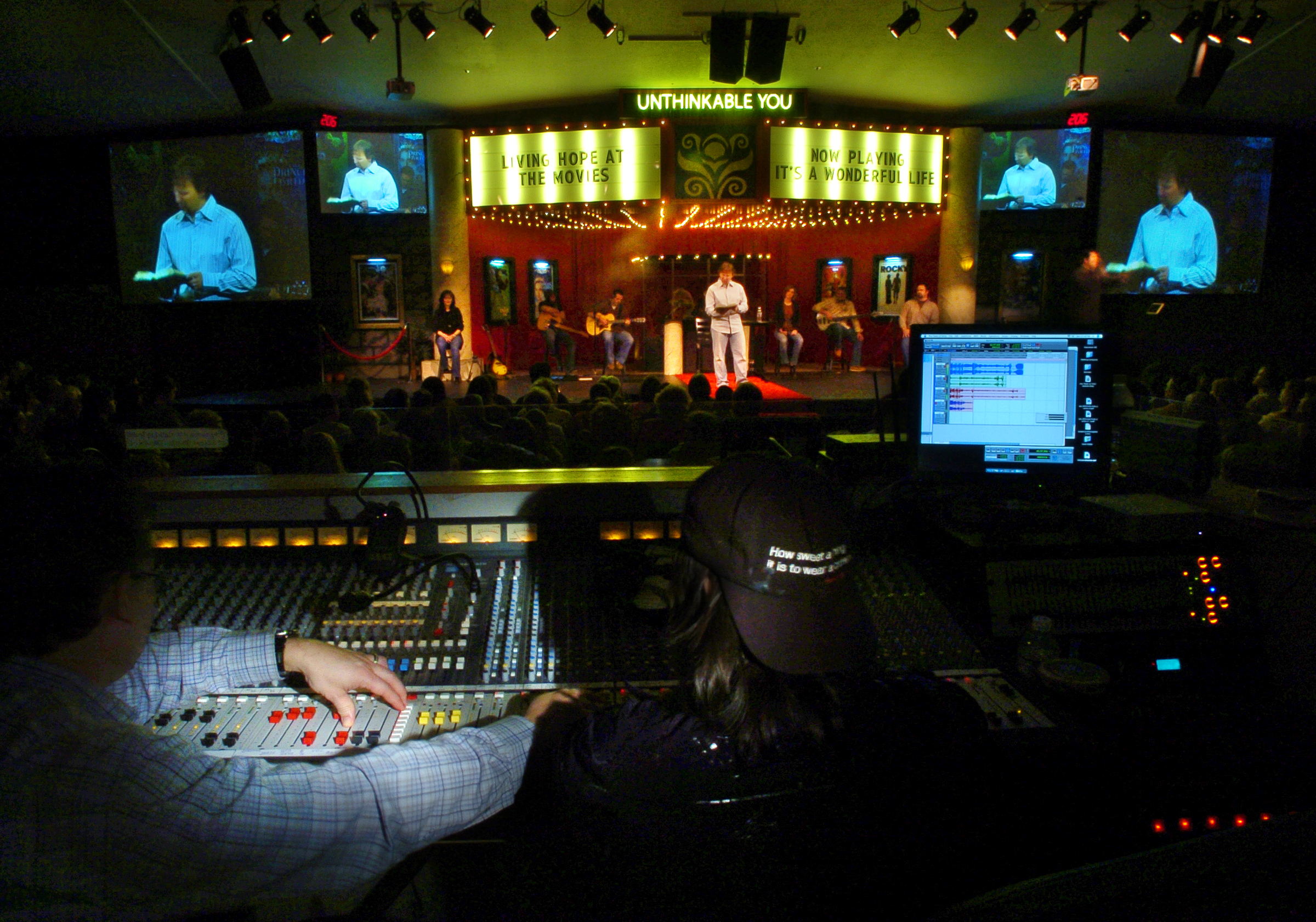
The Columbian files
“It was the beginning of the end, honestly,” he said. “If there was an affair, it was with alcohol, not a girl,” he said. “The vodka bottle would always be there. It was an escape. It was a horrible way for me to cope.”
Bishop said he started drinking heavily after he had a double knee replacement about five years ago. The pain was just too much.
The alcohol led to other problems. He said he was unfaithful to his wife with someone at the church, in what he described as an “alcohol-fueled night.” But Bishop also acknowledged there was an emotional connection.
“I used to be a good husband. I allowed the church to become my priority in life, not God, the church,” Bishop said.
Then his alcohol abuse and moral indiscretions were revealed to the congregation.
Bishop said his wife stepped in as senior pastor while he got inpatient treatment for his alcohol abuse. But at the same time, “she’s trying to come to the realization that her husband had been unfaithful,” he said. She was under duress, and then the allegations about mishandling of money began. The backlash was horrendous, he said.
“I never touched the offering. I was never in the bank account or touched the deposits,” Bishop said. At one point, he said there were rumors circulating that he stole $2 million.
“There would have to be massive collusion. It blows my mind, because we have to concoct our own stories,” he said.
The most frustrating part, he added, was that he was never publicly vindicated. But the Bishops were finished in Vancouver.
Life in Yuma
Since his arrest, Bishop said he and his wife have been working on their marriage. Michelle Bishop filed a petition for legal separation in January in Clark County Superior Court. John Bishop said their relationship is improving.
“My family has never left me. The people who have the most right to be mad at me gave me the most grace. They were the most humiliated but gave the most grace,” Bishop said.
Enlarge
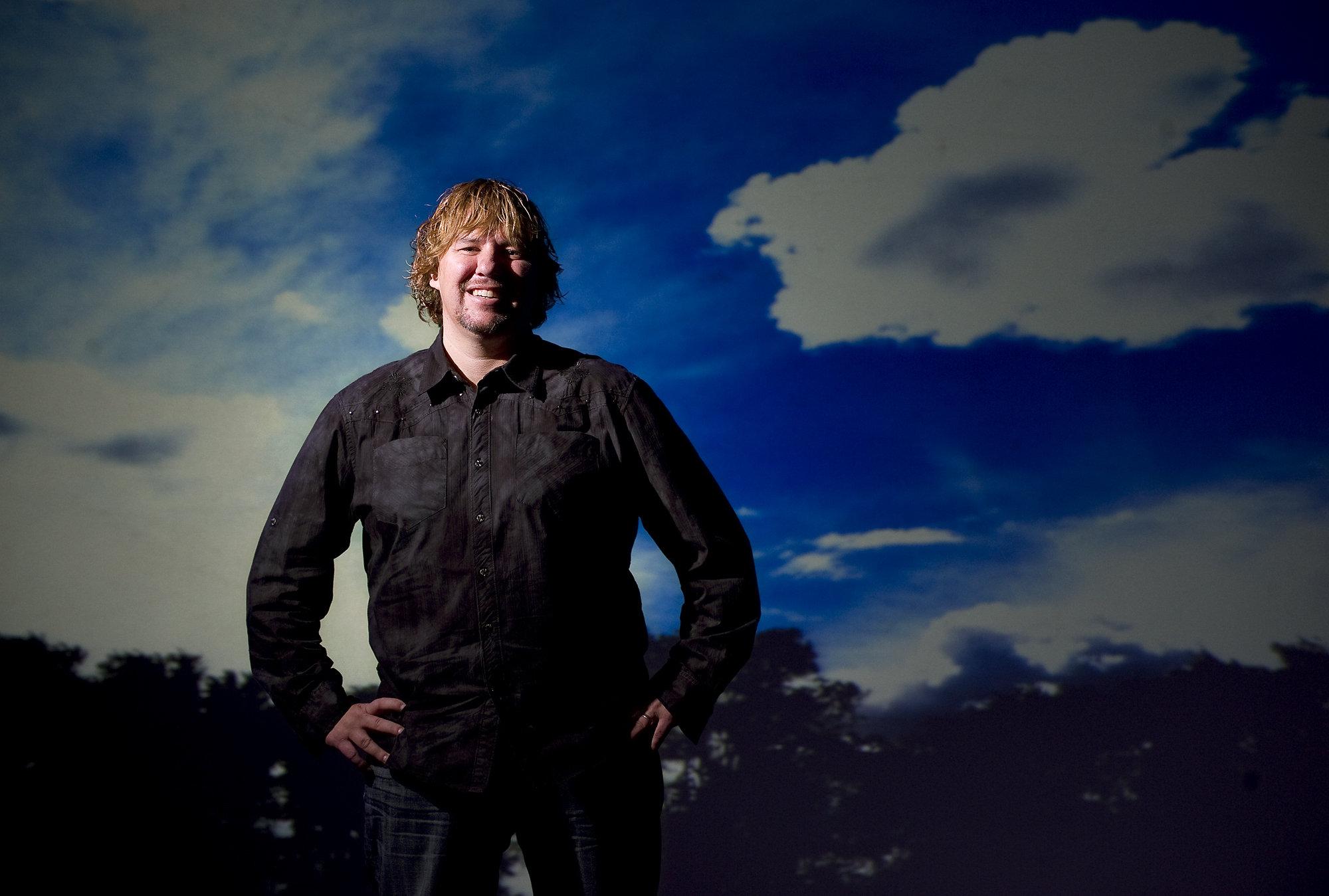
The Columbian files
However, The Columbian discovered on Thursday that the Bishops were granted a legal separation Sept. 6, according to court documents.
Court documents show that Michelle Bishop gets to keep the trailer home in Arizona and a 2013 Ford Fiesta, while John Bishop keeps the Volkswagen Passat.
Bishop said he gets emotional when he thinks about going to prison.
“Because I don’t want to be away from Michelle. I’m trying to capitalize on my time with her,” he said. He also talks to his three children every day on the phone.
“I wish I could have had the revelation I’ve had without the consequences of what I have to do,” he said.
Bishop tried to get a job after he was granted pre-trial release. He said he submitted 60 résumés with no luck. Instead, he started a business, though he didn’t want to go into detail.
But according to court documents, Bishop started a mobile diesel repair business in Yuma, where he dispatches mechanics to repair vehicles. He had approximately 10 to 14 part-time employees, and the business is doing so well that he’s considering expanding into Corning, Calif., and Kansas City, Mo.
Bishop said he and Michelle are debt-free and just paying for the necessities.
“I’m just trying to make the best of every day,” Bishop said, adding that he used to own a 4,000-square-foot home, a Lexus automobile and boats. Now, the Bishops live in a single-wide trailer, he said. “I’m the most content I have ever been in my life.”
Facing prison
He doesn’t know what today’s hearing holds but said he wants the opportunity to work on his business and marriage.
Bishop has pleaded guilty to unlawful importation of a controlled substance-marijuana, a felony that carries a mandatory minimum sentence of five years in federal prison. Bishop was hopeful that the prosecution would recommend a reduced sentence of 1½ to two years in prison as part of his plea agreement.
But in a motion filed Tuesday, three days before Bishop’s scheduled sentencing, his public defender wrote that the prosecution will not recommend the Safety Valve sentencing reduction, a provision under the U.S. Federal Sentencing Guidelines that allows for a sentence below the statutory minimum for certain nonviolent drug offenders with little to no criminal history.
The prosecution’s sentencing memorandum states that they will recommend Bishop serve five years in federal prison, because “he failed to provide truthful and complete information to the government.”
Evidence obtained from Bishop’s cellphone records contradicted what he told investigators about the drug smuggling and those involved, according to the memorandum.
“I have accepted my consequences. I’m going to prison. I don’t want to, but I have to,” Bishop said, the day before the prosecution filed its sentencing recommendation.
Bishop choked up as he acknowledged his failures. He added that he recognizes his actions likely derailed some people’s faith.
“I would say to so many people who looked at me, I was their preacher, their pastor … I wish so bad that people could somehow differentiate me and my failures from God and his faithfulness,” he said. “I would say to the whole city: I’m sorry. I can’t change the past. I can’t. But I can change today, and I can change tomorrow. And that’s what I’m trying to do.”
Enlarge
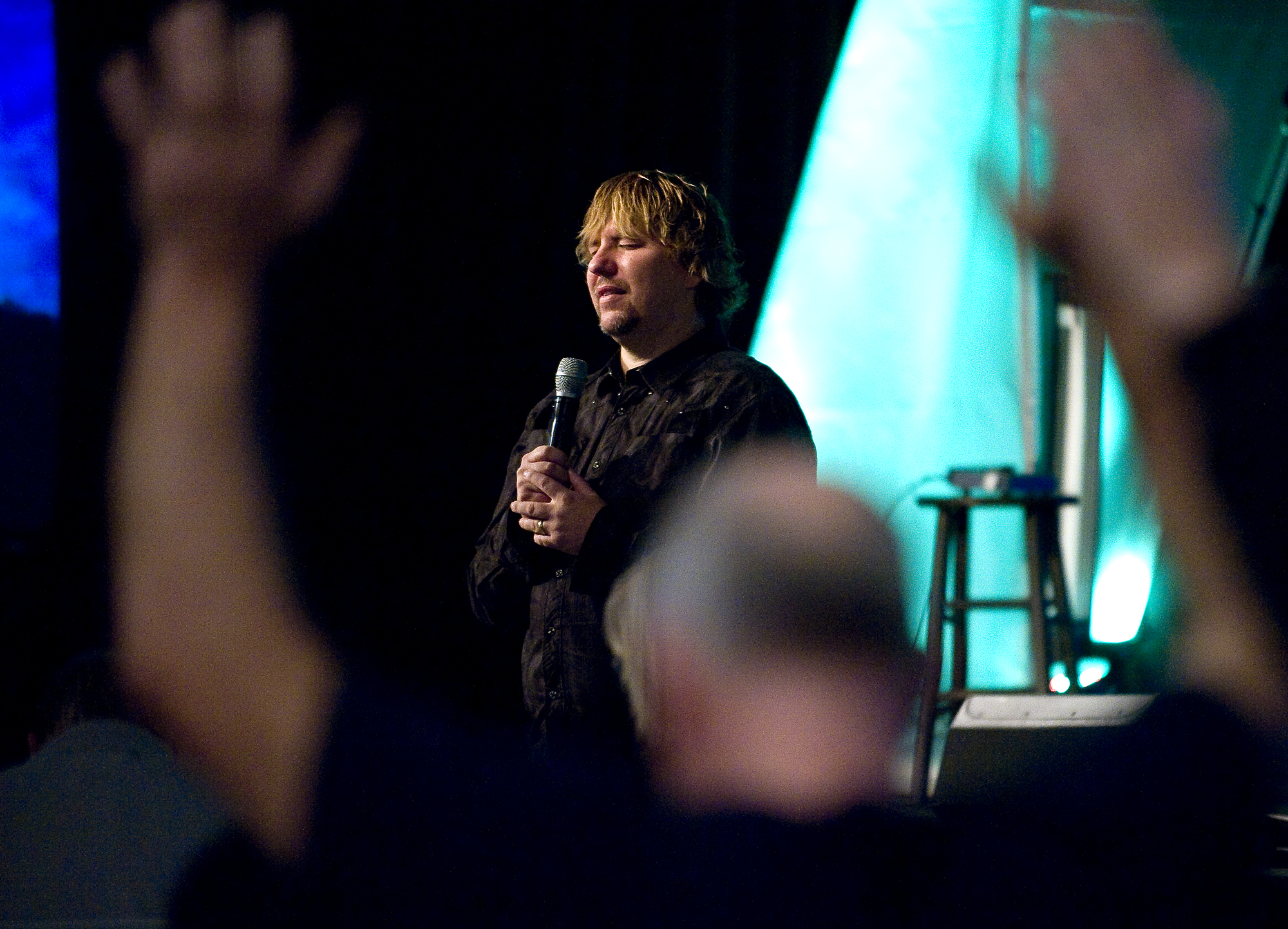
The Columbian files
Fall from grace
Part 1: The making of a man of God
Part 2: The best show in town
Part 3: ‘Can’t have two tigers on the hill’
Part 4: Blue Light Special brings new crises
Part 5: Finding new paths
Part 6: Reflections from a single-wide trailer